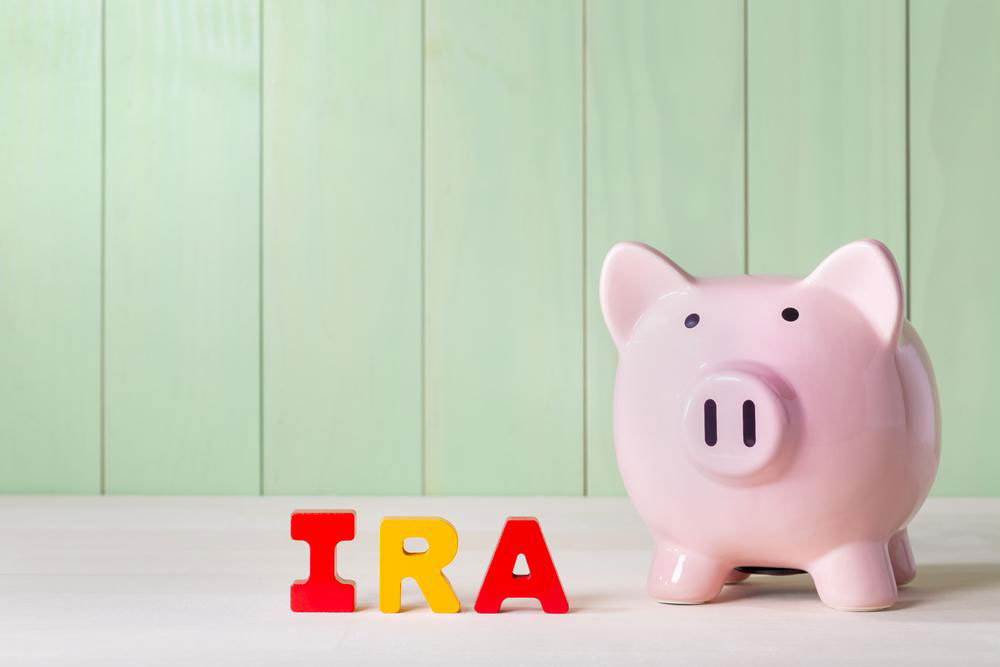Financial implications of Rollover IRAs
Rollover IRAs allow for the transfer of assets from your old employer-sponsored retirement account to a new plan. A combination of your 401(k), 403(b), and profit sharing assets are eligible for transfer into a new retirement plan account.
In comparison to a 401(k) account, there are many potential avenues for investment with a rollover IRA plan. The Internal Revenue Service (IRS) allows for only one rollover IRA option in a financial year.

Rules that govern the process of a rollover IRA
Moving funds
You must contact the plan sponsor to find out if a rollover IRA is possible during your employment. The process is commonly referred to as an in-service distribution. The transfer is possible only for a handful of employer-sponsored plans.
Tax implications of a rollover IRA
In case of a direct payment distribution, 20% of the transfer amount must be withheld for Federal taxes. For a direct rollover, there are no tax implications.
Tax-free distribution
Taxes will not be applicable to transfers where there is no distribution. There are no charges on the transaction that moves funds from one IRA account into another.
No tax on redeposits
Any amount previously withdrawn and redeposited into the same IRA account within 60 days is not subject to tax. However, there are exceptions as the rule is not applicable for different modes of transfer.
Partial withdrawal
You can move funds partially in case there is a need for an early withdrawal. Note that taxes will be applicable when a withdrawal is made.
IRA inheritance
A rollover IRA is possible if you inherit retirement funds from your spouse. On the other hand, there is a need for a mandatory withdrawal in case you inherit funds from anyone other than your spouse. In such cases, a rollover is not possible for the contribution.
Reporting requirements
Rollover IRAs are not taxable. However, the IRS requires you to report the transaction correctly in income tax returns to be filed with the authorities. Form 1099-R is used to report the transaction to avoid taxation.
Roth IRA over a Traditional IRA
It is beneficial to transfer funds into a Roth IRA to ensure the accumulation of tax-free funds for the foreseeable future.